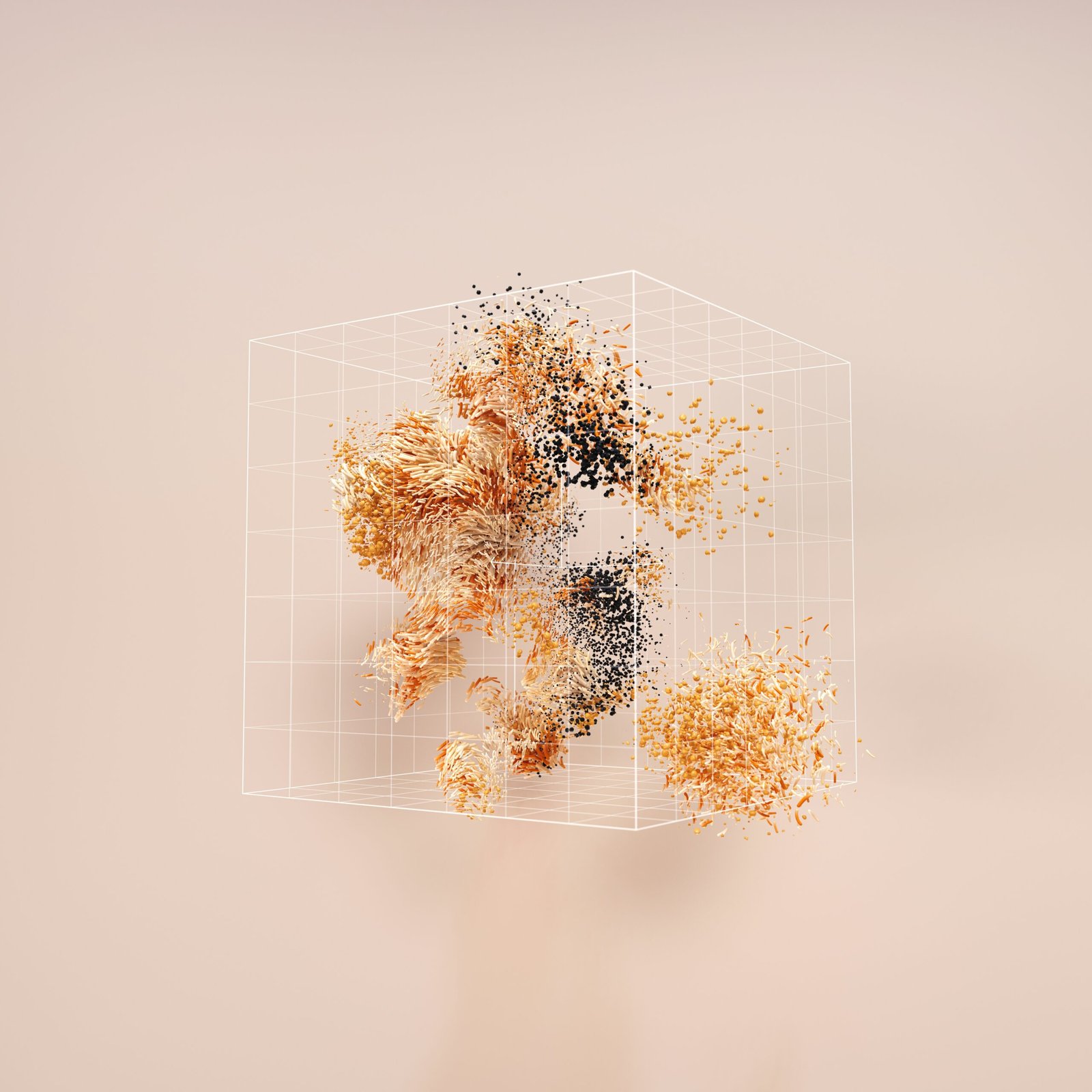Over the last few years, AI has disrupted the world across many sectors, and healthcare is no exception. Sadly it is in personal care where application of ai is most promising; more specifically, in a field that deals with an upcoming model in the systematic distribution of medical care, and this is by fashioning medical care with the touch of the individuality of the patient. In healthcare, AI is an incredible tool, which when applied, can make that sector more accurate, anticipatory and effective.
The Concept of Personalized Medicine
Personalized medicine therefore is a modern technique in patient management that takes into consideration variations of genes, environment and other lifestyle factors. Conventional remedies are mass application based in most cases thus while effective for a given patient they may be less than perfect for the rest of the patients. One believes that with proper diagnosing of the illness and considering patients’ profile, food prescriptions can help to enhance effectiveness and reduce certain side effects as far as possible, and this is what is known as personalized medicine today.
The contribution on the subject
Artificial Intelligence In Personalized Medicine. AI is the enabler of PP because it processes big data which includes but is not limited to genetic data, patients’ records, and even real-time physiological data captured from wearable technologies. Let’s delve into some key areas where AI is making a difference:
- Bioinformatics mainly constitutes genetics and precise diagnosis.
AI structures can rapidly analyze and interpret genomic data faster than ever before. This will assist in finding out on which gene a specific disease is located so as to have early diagnosis and-fit-for-purpose treatment measures. For example, using AI algorithms, it is possible to pinpoint certain biomarkers that point at specific outcomes of the cancer treatment, and with that, help oncologists choose the right treatment.
- New Drug Development
A conventional process of synthesis of drugs is a lengthy and expensive affair. AI speeds up this process by being able to select potential drug candidates and determine how they will interface with human biology. For instance, AI models can predict how a particular drug will impact one or several genetic types, thus opening the door to precision drugs that will meet certain personal needs. Clinical Decision SupportIntegrated smart systems recommend decisions based on information and analysis of the patient’s information provided to the doctor. Such systems combine disease protocols that are recommended by doctors with other details like genetic makeup and personal habits to guarantee current medical modalities are used in resuscitating patients.
- Wearable Devices and Real Time Data Logging
Wearable technologies generate physiological data that is processed by Artificial Intelligence real time including heart rate, blood glucose levels and activity. It makes it easy to track progress and initiate timely appropriate actions because modern chronic diseases are life-long illnesses.
Advantages of using AI in Personalized Medicine
Several advantages of using AI in personalized medicine are:
- Improved Outcomes: Since AI is able to individualize treatment, they make medical treatments to be more effective, thus improving the health of the patients.
- Cost Efficiency: Early detection and application of corresponding treatments also helps to decrease the use of a trial-end-err tactic, avoiding ineffective tests and therapies.
- Enhanced Patient Experience: Of course, individual contacts positively influence patients’ trust and interest because people believe they are being offered customized solutions.
- Proactive Healthcare: This is in contrast to the more traditional view of health care delivery which employersthe had treatment rather than prevention and timely diagnosis of a disease.
Issues for Development and Training
While the promise of AI-powered personalized medicine is immense, it comes with challenges:
- Data Privacy and Security: The documentation of an individual’s health information needs the formulation of strict measures to protect the information from getting into the wrong hands.
- Bias in AI Algorithms: When predictive models are trained on datasets that are not diverse, then one vulnerable group may be favored or disfavored in treatment as compared to another.
- Integration into Clinical Practice: AI tools need to be integrated into already existing healthcare processes which is a process that needs some serious training.
- Regulatory Hurdles: It is indispensable to set up authoritative recommendations for its use in medical treatment contextually.
Personalized medicine in the future
Currently, personalized medicine is the main thing that will shape the healthcare industry and progress in this sphere is impossible without AI. As technology evolves, we can expect:
- More Accurate Predictive Models: Artificial intelligence in machinery learning will allow for better forecasting of risks potential diseases, as well as the effectiveness of treatments.
- Global Access to Personalized Care: Current developments made for the democratisation of such AI technology can be instrumental in closing the gap between high-income and low-income countries to ensure everyone has access to this personalized medicine.
- Integration with Advanced Technologies: AI will continue to become part of other emergent technologies including CRISPR gene-editing, and bioprinting and the possibilities of these areas will be elevated.
Conclusion
AI for personalized medicine is a breakthrough in the healthcare system, which, stated simply, creates a notion of radical change in the process of patient management. Nevertheless, the constant development of AI and all the connected technologies are providing the prospect of a future where truly personalised medicine would be the rule rather than the exception. These innovations are still being developed as well as furthered, and the only ones to benefit from the personalized approach to treatment are patients.


